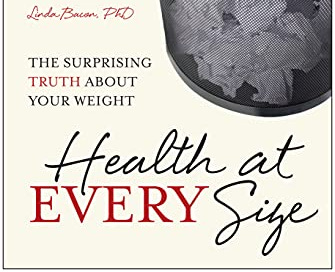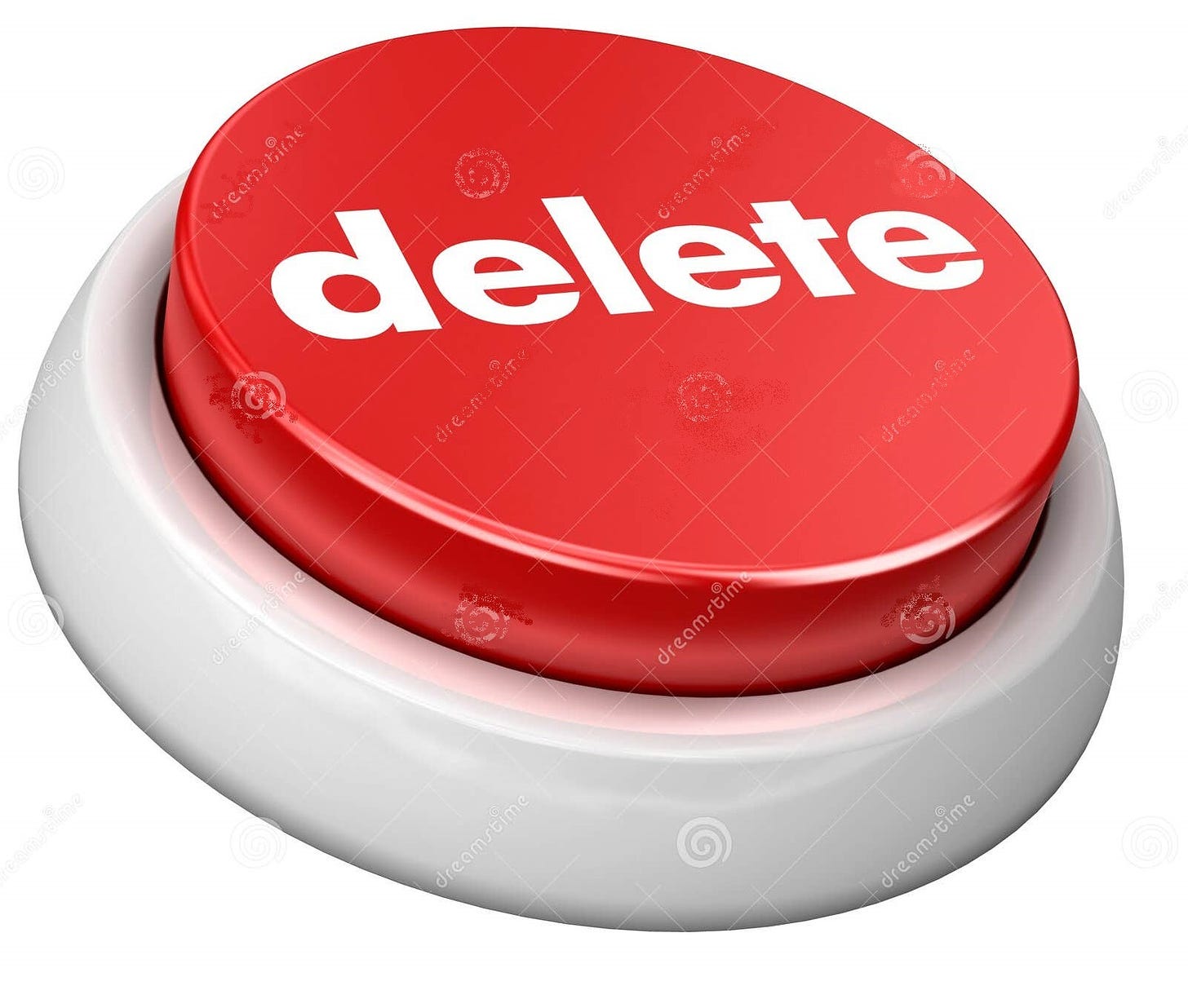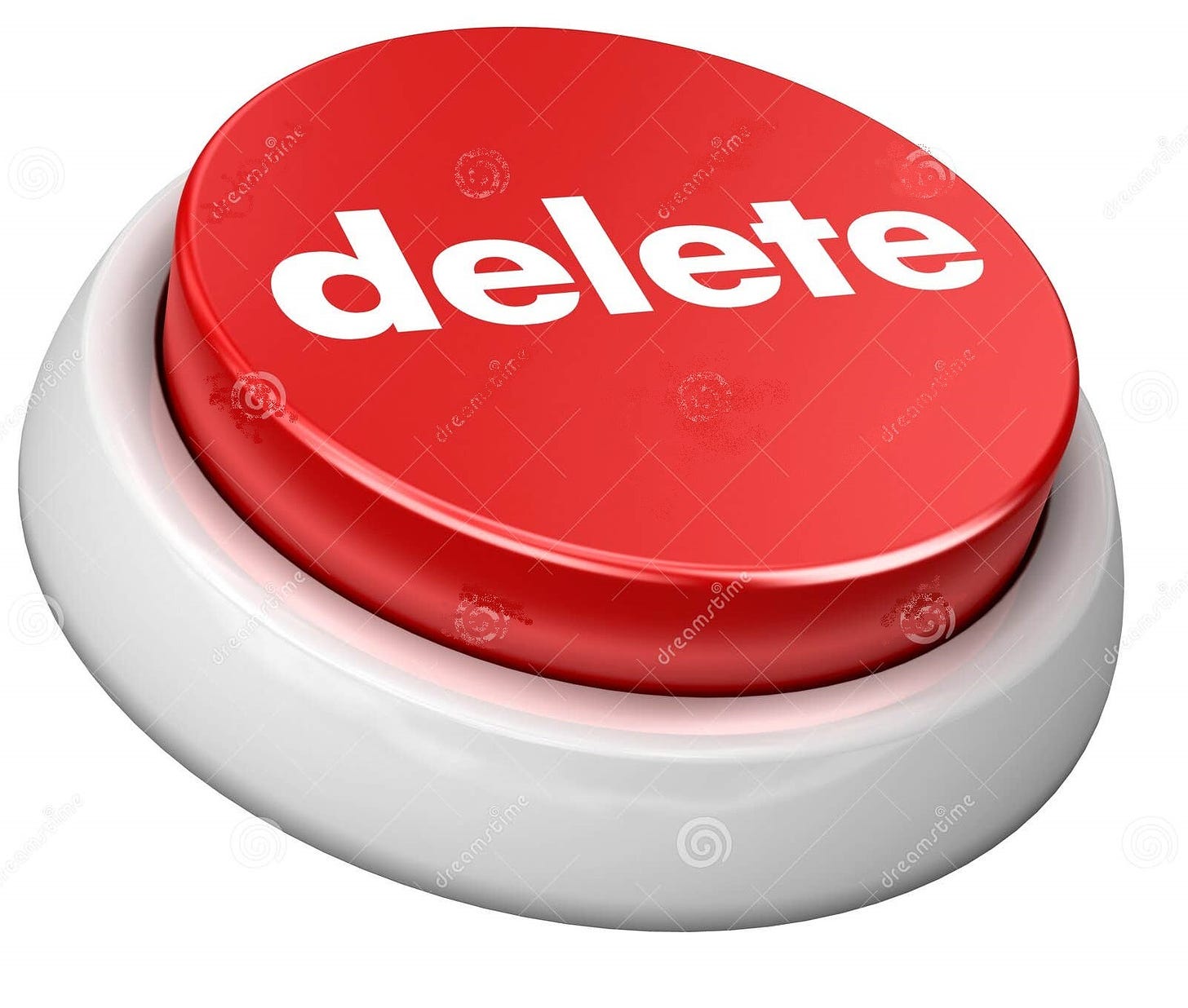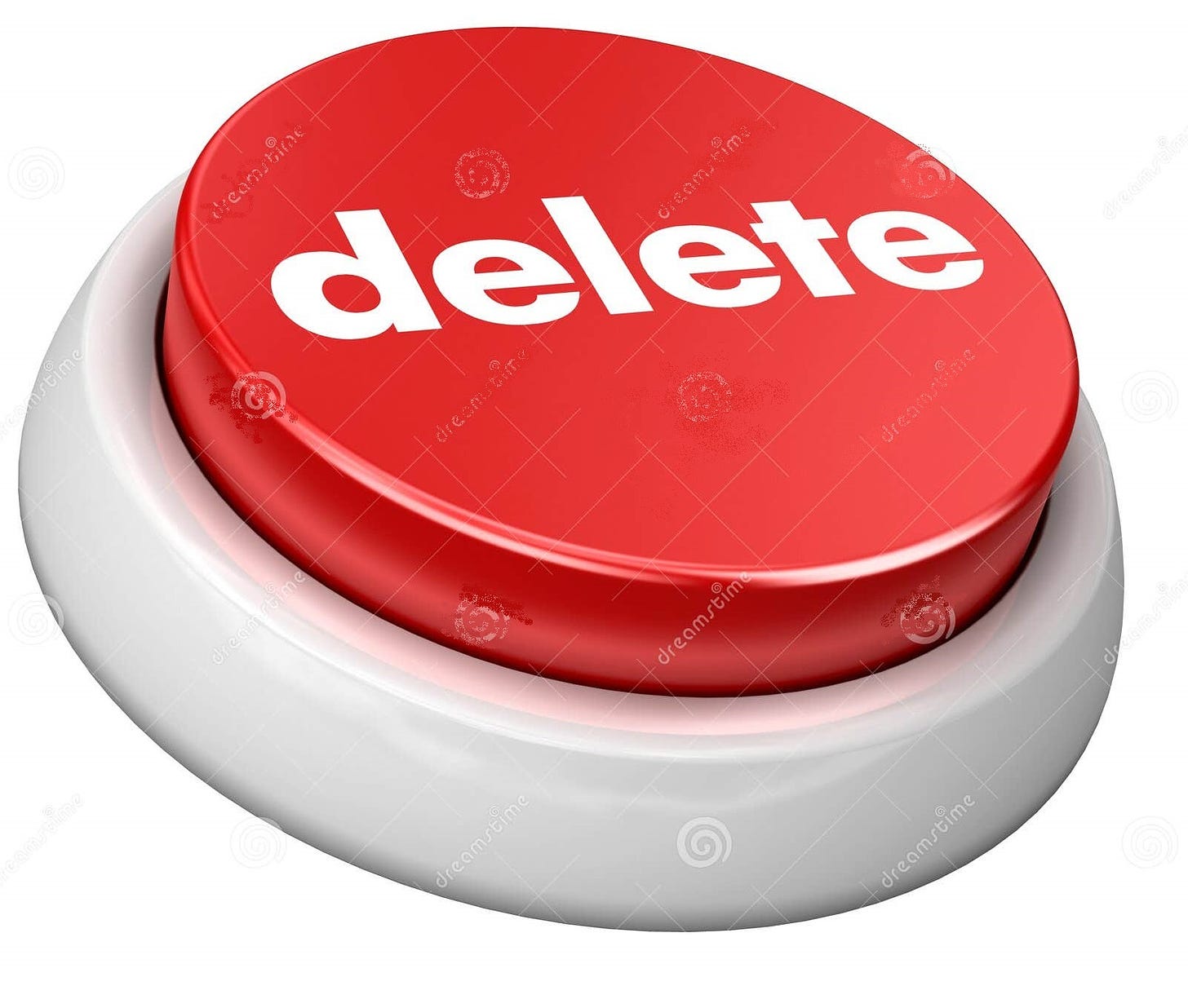I recently heard that ‘Islamophobe’ was a word coined by the Iranian revolutionary government in the early 1980’s as a cynical ploy to obfuscate and shift debates in the West. If that’s true it has certainly worked. These days it’s sadly far more likely to see a contentious political exchange centering around an ad hominem attack or a misrepresentation of one’s opponent than an honest grappling with their claims. This is particularly true on the Left, which has moralized every debate and situated themselves as the defenders of decency and tolerance.
For example, if you only read the largest media companies you would believe that state governments across the US were pursuing “anti-LGBTQ” legislation (phrased as such in every article, as if it were an objective fact). The implication is usually included that these bills exist to stoke some wide streak of bigotry or hostility among the party base (which, statistically, doesn’t exist in numbers large enough to make any such effort politically worth it). The truth is that these bills are not anti-LGBTQ; they do not affect the rights or privileges of adult LGTBQ people at all. They are supported by many gay and trans media figures and even receive grassroots support from a gay activist organization. The bills address legitimate public policy concerns, such as the safety and opportunities of high school girls in competing with biological males and the wildfire spread of rapid-onset gender dysphoria among struggling teenage girls, which in Democrat areas is generally being responded to with “positive affirmation”-that is, with the prescription of dramatic and harmful sex hormones and then surgery, for a patient population for which we have no data. You can disagree with the public policy concerns or feel they’re exaggerated or not well addressed by the laws but those are the issues driving the bills. By now I’ve spent years in the activist space associated with these bills and there simply is no homophobic or “transphobic” rhetoric in these spaces. I would argue that bigotry or hostility against another group hasn’t been a primary political motivator at all during the past 50 years in the US. When a newspaper or an activist alleges that racism or homophobia is behind a bill’s- or a politician’s-success that it is an excellent indicator that there is more to the story.
The most commonly used political response on the Left in political dialogue now is the ad hominem attack. The state bills limiting access to youth sex change surgeries are written and supported by homophobes or transphobes. This doesn’t address whether the bills are nevertheless a net benefit for constituents but these days very few people ask that question. When you debate young (college-age) students you will notice that they often simply attempt to characterize your ideas or position as insensitive or offensive. I always say “okay… but we’re figuring out if I’m wrong” and this is uniformly shocking to them. Offensive means incorrect… right? Obviously it does not and pointing this out gives one the feel that this is an uneasy revelation for them. They are only employing the ideas they have absorbed from mid-intellect school teachers (themselves indoctrinated in teachers’ colleges) and truncated propaganda clips on TikTok. It should worry us all that rising thinkers pivot toward sensibility and offense rather than logic and truth in evaluating claims.
I would argue that ad hominem attacks are almost never appropriate in political discourse. They are considered a logical fallacy for a reason, but they are also a transparent attempt to silence and smear one’s opponent, rather than addressing her ideas. This is actually quite intolerant, and it’s intellectually dishonest. Nevertheless, some of the common terms of opprobrium are useful and should be retained. Some should be discarded. I’ve listed them below, along with my personal reflections about each one.
One of the foundational works of fat activism is the book shown above. Dr. Lindo Bacon was considered a seminal thinker in this movement… until she herself was cancelled by a darker-skinned, fatter activist after not prostrating herself in email communications. This churn of destruction of thinkers and organizers is an unavoidable aspect of Critical Theory in practice: anyone who gains respect or status becomes a target for the more ‘marginalized’ and ends up having to apologize for their success, even when that success helps the wider movement. Critical Theory has never and will never build healthy institutions. It can only capture and parasitize and destroy existing institutions, until there is nothing left.
Homophobe - Homophobia has deep roots in Western civilization, and indeed around the world. Homosexual behavior is strictly proscribed in the Jewish Torah (and hence the Bible) and is forbidden in (orthodox) Judaism, (fundamentalist and evangelical) Christianity, and Islam. Homosexuals and homosexuality are often associated with cities, the arts, and luxury-and hence decadence. Historically, homosexuals have often had to meet and live in the shadows (due to state oppression) and male homosexuals tend to be more promiscuous and sexually active than any other large group. This isn’t because of any innate feature but is simply reflective of the fact that both (or all) people involved in the coupling are men. Women tend to be more selective, more cautious, and more conditionally demanding in their sexual standards. This is a biological feature which protects them from pregnancies with irresponsible and selfish men (a death sentence in less developed times and places) and a natural result of their much higher vulnerability to sexual violence and disease. Male homosexuality tends to be qualitatively different from heterosexual patterns, even in societies without stigma (as does female homosexuality… in the opposite directions). Homophobia therefore has deep and abiding roots in our culture and is often inappropriate as a factor in policy discussions. Homosexuality and homophobia are complex and abiding phenomena. Let’s keep homophobe.
Transphobe - Transphobia doesn’t appear to have anything like the established history of homophobia. This is due to the simple fact that trans people were almost completely unknown before the 20th century and were extremely rare in society and social discourse until less than 20 years ago. Despite the rhetoric on the Left there has never been a culture with an idea of ‘trans’ that mirrors our own and probably 99% of people and groups throughout history applied the concepts of human sex and gender interchangeably. People dressing or living as the opposite sex would have aroused confusion and disgust among their fellows cross-culturally but this would be similar to refusing to wear clothes below the waist or displaying inappropriate physical affection to strangers-it would have been socially unacceptable in the way that a thousand other forbidden or awkward acts might be, but so rare and bizarre that no special word could be required. Our society is also the first society in history to operate on the assumption that social stigma and condemnation of lifestyle choices is bad. Every society which has ever existed has marked certain impulses and identities out of bounds, even when they were personally gratifying and generally harmless.
The more compelling reason to discard ‘transphobe’ is that it’s a label often applied to everyone who doesn’t believe exactly what gender ideologues do. Do you think that ‘man’ and ‘woman’ are concepts grounded in biology? Do you think that it’s impossible to change sex? Do you think that biological women should be free from male presence (even if the males are transwomen) in certain contexts, like locker rooms or prison housing? Then you (and presumably the > 95% of the world’s population, which agrees) are a transphobe, according to these fanatics. This word should disappear and the main reason for that lies in how people are using (abusing) it.
Anti-Semite - I’m currently reading about the history of anti-Semitism and religious intolerance in the Islamic tradition. What I can already say on the basis of current knowledge is that anti-Semitism in the Christian and Western tradition has deep and pervasive roots. It’s a shifting and tenacious phenomenon. Before the 20th century, anti-Semitism gathered fuel from the fact that Jews were considered implicated in the death of Jesus (although he was himself Jewish-Yeshua Ben Yosef-and he was clearly sentenced and executed by the Roman provincial authorities). There are anti-Jewish passages in the Koran. Perhaps most damaging was the fact that Jews were often dominant in the financial services which existed at the time. Since Christians and Muslims weren’t allowed to charge usury, Jews ended up being the creditors on many, many loans from areas that were agrarian, and hence subject to swings in fortune based upon weather and crop yields. Religious hostility plus financial tensions seem to have sustained anti-Semitism for millenia.
Now Jews suffer as the targets of bigotry due to their remarkable success and inordinate cultural and financial power in the West, which earns them hatred on the Right and the Left. If Jews wanted to shrink the target on their collective back their first goal would have to be: lose. In the United States they are unbelievably successful and high-intelligence, like East Asians. Unlike East Asians they are culturally and politically hyper-engaged. We still need a term for anti-Semitism.
Islamophobe - I’m undecided about this. Most of these terms seem to have three salient dimensions: historical significance, modern opportunities for use, modern instances of abuse. ‘Islamophobia’ presents unique challenges in distinguishing use from abuse, however, for while Muslims tend to be browner and more foreign and (often) poorer in the West than the mainstream, Islam isn’t brown or poor. It’s simply a set of related ideas and history and those are things which should always be open to criticism. For me the central question is whether Islamophobe is more often used appropriately as a critical label for people who are critical of Muslims simply because they are Muslims… or whether it’s weaponized to smear thinkers who are criticizing the anti-feminist and violent and anti-Semitic and anti-liberal doctrines rife within the religion. If you were to ask Ayaan Hirsi Ali or Sam Harris or Douglas Murray I think you would find it hard to avoid the conclusion that Islamophobe is (as the Iranian revolutionaries intended) generally a smear used to silence valid criticism of a system of ideas. Delete it.
Racist - This is a term which is only under consideration here due to its vast overuse. Obviously racism has been and is a problem; perhaps it always will be (given the particulars of human psychology). Unfortunately it is so often weaponized by activists and ideologues who operate in bad faith that it has become almost null in many contexts. Racist is a word which still carries a heavy and sadly necessary load.
I would like to stipulate that racism is a moral and epistemological error which any person can make and which people of every group do make. If ‘racism’ is dependent upon vast structural power (which doesn’t really make sense in an individualistic and meritocratic society like the U.S.) then it can’t be applied to individual words and thoughts and actions. The idea that black people can’t be racist is one of the most foolish ethical claims I’ve ever heard and is only deployed in order to define racism in such a way that the groups one favors can’t be guilty of it. Ironically, the idea that some ethical and intellectual mistakes are the exclusive preserve of certain racial groups is, itself, racist.
Fatphobe - Some words have ballooned in meaning and use with the growth of TikTok. Fatphobe carries a heavy load for fat activists on the platform but is generally used as a pejorative against opponents, even when these are simply people advertising the virtues of exercise, or the personal power each individual has over their weight, or the health effects of morbid obesity. TikTok is guilty of creating informational diets of junk food for young people on many issues, and the concerns of ‘fat activism’ are prime examples. Fatphobe is a large and juicy target for people trying to cleanse political dialogue of needless abusive labels.
This short essay has been a project to make our political lexicon leaner and more fit. Fatphobe contributes to a culture of unwieldly and bloated lists of political labels, used as terms of personal attack rather than objective descriptors. Just as fat activists should concentrate on cleansing their diet of empty carbohydrates and moving more often and vigorously, we should cleanse our political vocabulary of terms like fatphobe and fatphobic. Delete this term from our common usage for the good of everyone.
Ableist - Like most of these words, there is a small core of conceptual worth behind this term, but this value is far outweighed by the dross of theoretical nonsense which has attached itself. It’s now considered ‘ableist’ in many circles to suggest that autism is a condition worth treating, that curing the blindness of hundreds is somehow oppressive or bigoted, that treating serious mental illness as disability (or even misfortune) is wrong and blinkered.
Let me be very clear: all of these perspectives are saturated with privilege and near-sighted political ambition. None of them reflect even the barest outlines of disability conditions, much less the best social approaches to these conditions. Ableist should be deleted from our lexicon.











